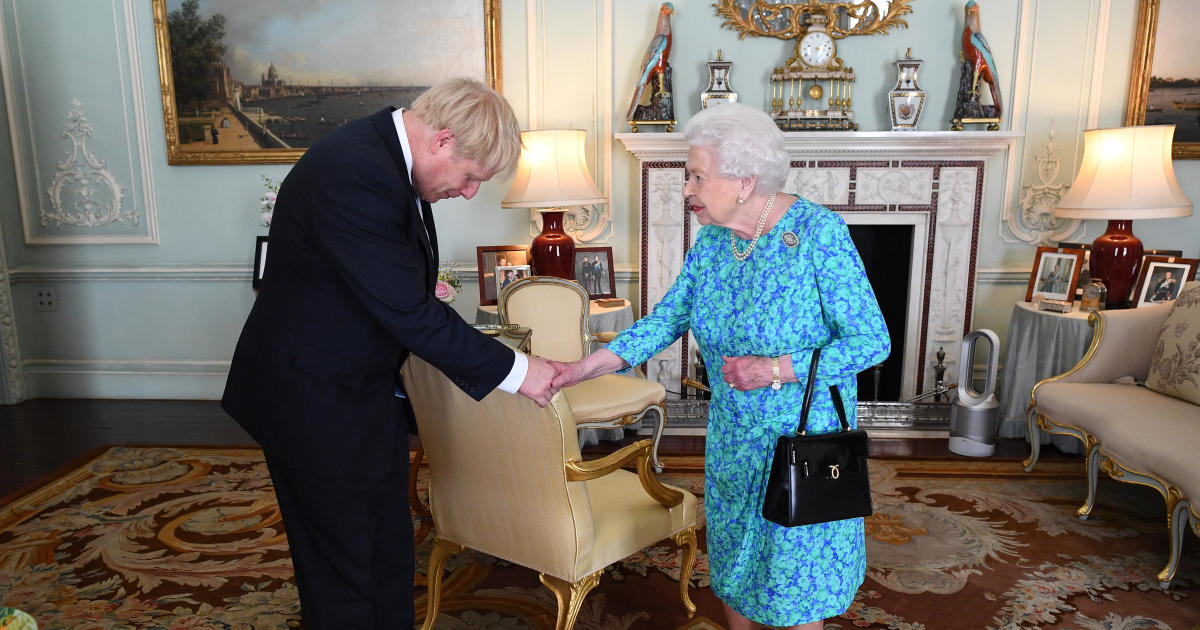Boris Johnson’s revelation about Queen Elizabeth II’s health, as detailed in his upcoming memoir “Unleashed,” has sparked considerable debate. The claim, that the Queen suffered from bone cancer before her death, is a significant departure from the traditionally guarded nature of royal family health information and the established protocol between the Prime Minister’s office and Buckingham Palace. This unprecedented disclosure raises questions about the boundaries of privacy, the role of public figures in divulging sensitive information, and the long-standing relationship between the British government and the monarchy. Johnson’s account, while offering intimate insights into his final encounters with the Queen, has also been met with criticism and speculation.
Johnson’s Claim and its Implications
Johnson’s assertion that Queen Elizabeth II was diagnosed with bone cancer, sourced from what he claims to have learned from conversations with the Queen’s doctors, directly contradicts the official cause of death listed on her death certificate – “old age.” This discrepancy has led to intense media scrutiny and public speculation, raising questions about the accuracy and appropriateness of his disclosure. The fact that Johnson claims this knowledge was available for over a year before her death and has only been shared now through his memoir adds further layers of complexity.
Violation of Protocol and Royal Privacy
The revelation breaches long-standing tradition surrounding the privacy of royal health matters. The royal family, and particularly the Queen, have consistently upheld a high degree of discretion regarding their health, a practice observed by successive Prime Ministers. Johnson’s deviation from this protocol has been met with mixed reactions, with some praising his honesty and others condemning the breach of confidence. Many critics argue that his actions prioritize personal publicity over respecting the deceased monarch and the sensitive nature of her final months.
Public Reaction and Media Scrutiny
The public reaction has been polarized. While some have supported Johnson’s right to share his experiences, many others condemn his alleged divulgence of private information. News organizations have debated whether or not his revelation is justified, balancing public interest against respect for the royal family’s privacy. Buckingham Palace’s refusal to comment, typical of their approach to private family matters, is fueling ongoing speculation about the accuracy and the motives behind Johnson’s disclosures. The controversy has again raised larger issues around the media’s role in reporting on the personal lives of public figures, particularly in a delicate matter like a monarch’s health.
Historical Precedents and Comparisons
While Johnson’s disclosure is highly unusual, it’s not entirely without precedent. Previous Prime Ministers, such as David Cameron, have faced criticism for revealing details of private conversations with the Queen. However, Cameron’s comments were accidental and met with a quick and sincere apology, a stark contrast to Johnson’s publicized revelations. This instance highlights a potential shift in the dynamics between the government and the monarchy and the changing standards in media and public discourse about the royal family. The comparison highlights a degree of inconsistency and lack of a universally consistent code of conduct among high-ranking public figures.
Royal Family’s evolving approach to transparency
The recent revelations surrounding King Charles III’s own cancer treatment have opened a subtle yet notable shift towards increased transparency within the Royal family’s information handling strategy. In light of Charles III’s recent open acknowledgement of receiving cancer treatment, there seems to be a nascent tendency for slightly increased candour regarding health issues within the royal circle, adding another dimension to analyzing the Johnson revelation. Nevertheless, Buckingham Palace’s stance in this specific instance, maintains its characteristic stance.
Ethical Considerations and Public Interest
The ethical dilemma presented by Johnson’s actions is central to the controversy. While proponents might argue his book provides valuable historical insight, this is juxtaposed with ethical considerations of privacy and potential distress to surviving family members. Some question the overriding public interest in this private information, challenging the idea that Johnson’s revelation advances any important historical narrative and highlights the complexity of balancing such competing priorities.
Balancing Public Interest with Private Rights
The crucial question becomes one of weighing the public’s right to know against the sanctity of individual privacy. This disclosure throws into sharp relief a significant media and societal question: when does a public figure’s claim outweigh the rights and privacy of other individuals involved, particularly in cases with such sensitivity as terminal illness?
Conclusion and Takeaway Points
Boris Johnson’s disclosure regarding Queen Elizabeth II’s health is undoubtedly a momentous event that challenges established protocols and raises considerable ethical debate. The disclosure underscores an ongoing tension between public interest, royal privacy, and the conduct expected of former and current governmental figures in their dealings with the monarchy.
Takeaway Points:
- Johnson’s actions represent a significant departure from traditional protocol surrounding royal health and privacy.
- The disclosure sparks a debate on the balance between public interest, respect for the deceased, and the ethical responsibility of public figures.
- The incident highlights the evolving relationship between the government, the monarchy, and the media.
- The reaction underscores the lack of a consistent standard for handling sensitive personal information within the sphere of government and the monarchy.
- This event brings to the fore, once again, broader questions regarding ethics and public disclosure in an increasingly public arena.









